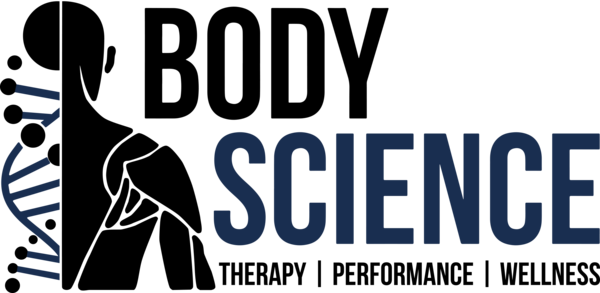
Concussions are traumatic brain injuries caused by either the application of blunt force to the head or when trauma to the body causes the head and brain to shift back and forth in a whiplash-like fashion. This sudden movement can cause the brain to bounce around inside the skull, often leading to the stretching and damaging of its delicate cells.
When concussions happen, they can very often lead to chemical changes inside the brain that temporarily disrupt its overall function. While concussions are usually not life-threatening, it’s always important to pay close attention to common concussion symptoms after experiencing a traumatic injury. After all, these side effects can be serious and may last up to days, weeks, or even longer!
In this article, we’ll review the typical causes of a concussion, as well as any short and long-term effects you’ve got to be aware of. Lastly, we’ll highlight how we can help in case you need assistance after suffering a concussion.
Common Causes of Concussions
While there is a wide range of injuries that can lead to a concussion, the most common ones we hear about are bad falls, motor vehicle-related injuries, sports-related injuries, physical assaults, or unintentional blunt-force impact. Children can also sometimes experience concussions from receiving injuries to the head, neck, face, or body.
Short-Term Effects of a Concussion
The short-term effects of a concussion are the symptoms that manifest in patients immediately after their trauma has taken place. After experiencing a concussion, it’s common for people to feel a piercing headache and even confusion.
As you might expect, any head injuries typically result in short-term headaches. Some people also report experiencing temporary memory loss or inability to remember the event that directly caused their injury.
Other symptoms may include loss of balance, dizziness, brain fog, tinnitus (ringing in the ears), nausea, vomiting, blurred vision, fatigue, sensitivity to light and sound, and delayed responsiveness, among others.
For the first four hours immediately following the concussion, it’s advised that you remain vigilant and do your best to monitor your symptoms in case more severe reactions occur. If you suffer from loss of consciousness, repeated vomiting, or drastic worsening of any symptoms, emergency medical treatment should be sought immediately.
While the majority of these symptoms are temporary and treatable, there is a chance of them bothering you for an extended period of time if your concussion is not properly treated. As such, we strongly recommend seeking proper concussion treatment after sustaining an injury.
Long-Term Effects of a Concussion
While long-term effects of a concussion are less common, around 30% of patients will see their concussion symptoms persist for up to weeks and possibly even months after their injury has occurred. This is also referred to as post-concussion syndrome.
Symptoms of post-concussion syndrome are not always specific, but common longer-term effects can include memory loss, personality changes such as irritability, aggression, loss of impulse control, anxiety, depression or suicidal ideations, insomnia, smell and taste dysfunction, and more.
Given their severity, long-term concussion symptoms are generally more likely to disrupt patients’ ability to deal with daily life, as they may impair judgment and affect both work performance and interpersonal relationships.
How Physiotherapy Can Help You Avoid Long-Term Concussion Effects
hysiotherapy is one of the best treatments to seek after experiencing a concussion. When provided with the right treatment plan, it can help restore physical and cognitive functions and help improve your overall concentration and balance.
At Body Science Therapy, our post-concussion rehabilitation care includes a detailed treatment plan that will be tailored to your particular situation. Whether you’re an athlete looking to return to the game, someone suffering from a motor vehicle accident, or a patient recovering from an untimely trauma, we use CCMI-based interventions combined with a P-DTR approach, allowing us to target any imbalances in the nervous system and help you recover as quickly as possible.
Let’s Get You Back in the Game
If you think you’ve experienced a concussion and are exhibiting any common symptoms, our experts at Body Science Therapy are here to help. Our solutions for Concussion in Mississauga and physiotherapy in Mississauga allow our trained specialists to work with you in your recovery journey and ensure that your symptoms are properly monitored and treated.
To book an appointment with our team, call us at 647-699-7498 or visit our contact page to fill out our online form. We look forward to getting you back to your normal routine soon.
